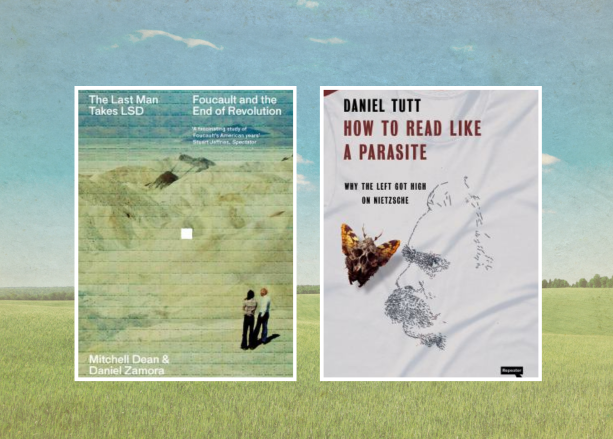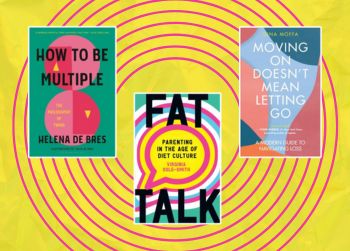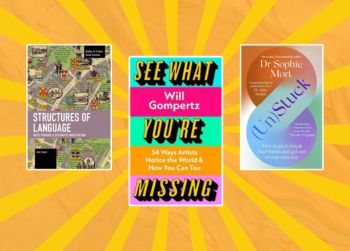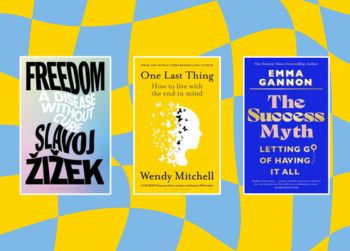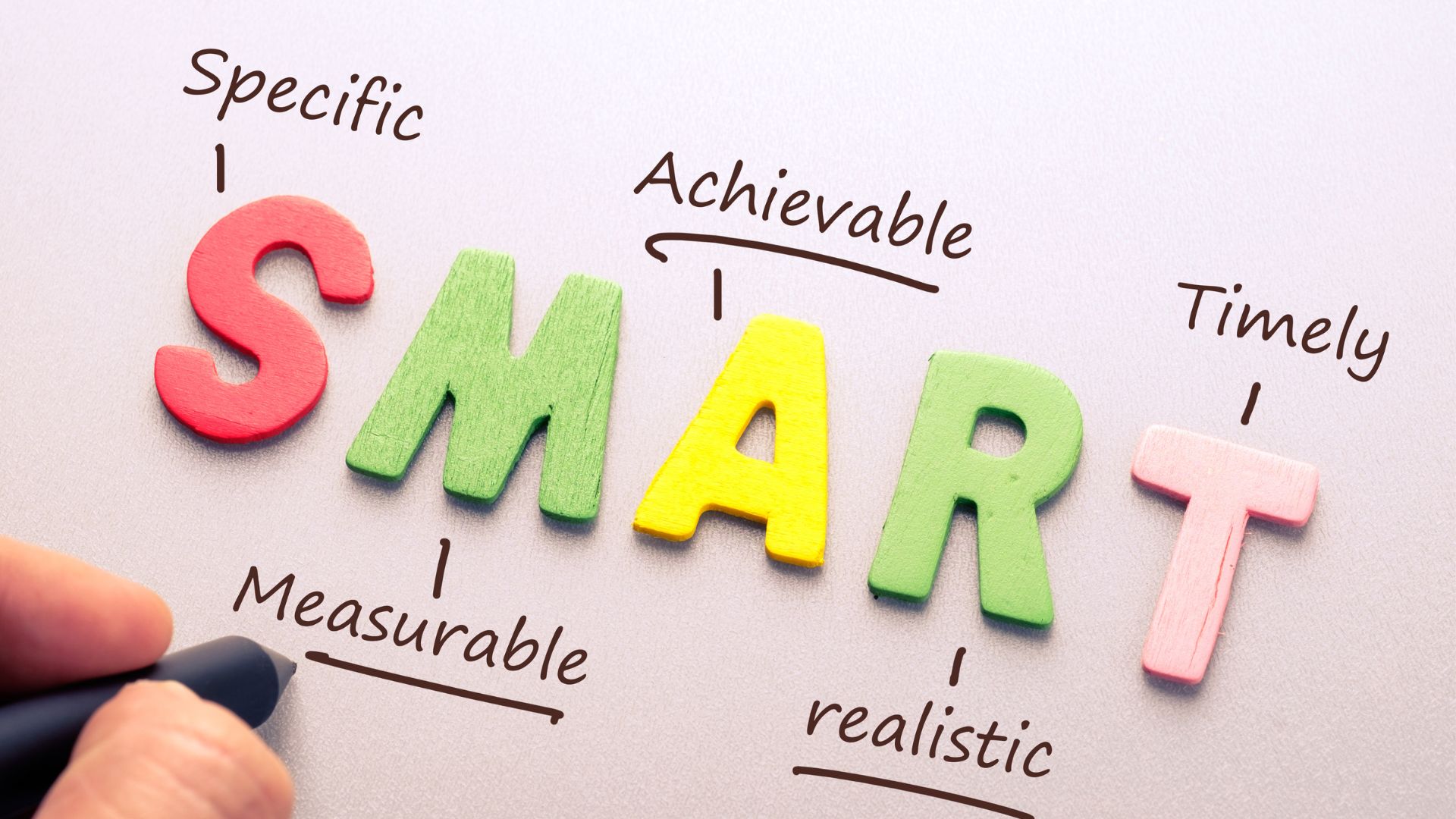These new books critically examine how dominant ideas and power dynamics have influenced our interpretation and application of shared concepts. They question established paradigms and power structures, offering a range of perspectives from sexual wellness and psychology to the history of emotions and the intersection of philosophy, politics, and drug use. They delve into how external forces, such as psychological studies or the experience of grief, can shape one’s sense of self. They also primarily challenge or reframe common beliefs, assumptions, and narratives around these subjects, encouraging us to think critically about the forces that shape our personal and societal narratives.
 Come Together: The Science (and Art) of Creating Lasting Sexual Connections / Nagoski, Emily
Come Together: The Science (and Art) of Creating Lasting Sexual Connections / Nagoski, Emily
“A leading sexual wellness educator, tackles the often misunderstood topic of sex in long-term relationships. Challenging conventional wisdom and harmful assumptions, she explores what truly fulfilling sex looks like through inclusive stories and examples. The book aims to help pairs overcome obstacles like relationship conflicts, gendered beliefs about sex, and body image issues. With insight, humor, and empathy, it offers a radically transformed approach to sex and desire, empowering readers to create lasting, fulfilling sexual connections in their long-term relationships.” (Adapted from catalogue)
 Data Baby: My Life in a Psychological Experiment / Breslin, Susannah
Data Baby: My Life in a Psychological Experiment / Breslin, Susannah
“In Data Baby, Susannah Breslin recounts her extraordinary childhood as a research subject in a renowned 30-year study of personality development at UC Berkeley. Decades later, grappling with an abusive marriage and breast cancer, she investigates how being raised under scrutiny shaped her identity and choices. Her compelling, provocative quest uncovers long-buried secrets behind the study, raising profound questions about whether it truly understood her better than she knew herself. With brave honesty and wit, her universal story explores the tension between allowing technology to define us and discovering our authentic selves in an era of increasing data-driven self-optimization. Her life-changing journey as one of history’s most studied individuals illuminates why we turn out the way we do.” (Adapted from publisher and catalogue)
 Grief is For People / Crosley, Sloane
Grief is For People / Crosley, Sloane
“Sloane Crosley’s poignant memoir explores loss and the complexities of mourning after her closest friend’s death by suicide. With disarming wit and empathy, Crosley embarks on a quest to understand grief, upending conventional narratives and offering a category-defying elegy that resonates deeply in our grief-stricken times. Hailed as one of the most anticipated books of the year, it’s a suspenseful and moving portrait of friendship, family, and the struggle to hold on to the past without being consumed by it.” (Adapted from catalogue)
Continue reading “Deconstruction and Reconstruction – New Personal Growth Books”


